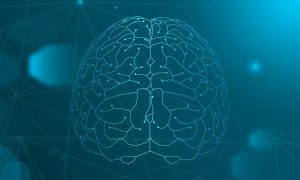Neuropsychological Testing in Chicago Suburbs
Comprehensive Evaluations for ADHD, Autism, and Memory
I, Dr. Laura Jansons, specialize in neuropsychological testing in Chicago suburbs to help diagnose and assess a range of developmental, behavioral, and medical conditions. My evaluations focus on ADHD, Autism Spectrum Disorder (ASD), learning disabilities, traumatic brain injury (TBI), and memory and other neurodegenerative and developmental concerns. Through personalized assessments, I provide insights that guide effective treatments and support for individuals of all ages.
Schedule your neuropsychological evaluation today to gain valuable insights and personalized care.

Sign Up!
To get started with your neuropsychological testing, you can call our office, email us, or complete the form below. Our staff will reach out to schedule your appointment and assist you with setting up your patient portal, ensuring a smooth process every step of the way.
Call us: 224-636-6333
In case we need to contact you after hours, please leave us a voicemail and clearly spell your email and other contact details including your phone number, patient’s name, and the patient’s birthday.
Email us at: Lorrie@drlaurajansons.com
with your name, phone number, patient’s name, and patient’s birthday to set up your registration.
Or complete the form below:
Fill in the required information, and we will contact you to proceed with your neuropsychological assessment.
Complete Form
Client Portal
Once we set you up on the portal, you can access your schedule, join a telehealth session, see your statements, and pay your bill online.
Click here: Client Portal

Neuropsychological
Evaluations
Dr. Jansons, Fellow of the American Board of Neuropsychology, provides neuropsychological testing for children, adolescents and adults. As a “window” into brain functioning, neuropsychological evaluation is a process involving the administration of a number of short tests. By analyzing patterns in test results, Dr. Jansons can provide valuable information to assist patients in obtaining the best care from their doctors.

